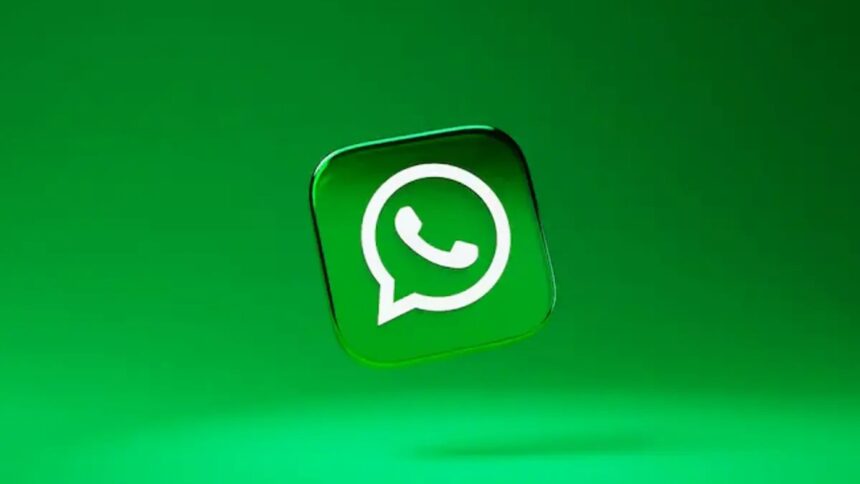A discussion over striking a balance between a citizen’s right to privacy and the government’s obligation to maintain national security has been triggered by WhatsApp’s significant declaration in the Delhi High Court that cracking message encryption would mean the platform’s demise in India. At the hearing for WhatsApp and Meta’s petition against the Information Technology (Intermediary Guidelines and Digital Media Ethics Code) Rules, 2021 rule, the comment was made.
The relevant rule, 4(2), mandates that social media businesses that offer messaging services disclose the identity of the sender of a message upon judicial or other competent authority’s order.
According to the Information Technology (Procedure and Safeguards for interception, monitoring, and decryption of information) Rules, 2009, a significant social media intermediary that offers services primarily in the nature of messaging must make it possible to identify the original creator of the information on its computer resource if required by a court of competent jurisdiction or an order passed under section 69 by the Competent Authority.
The information will only be requested for crimes with a minimum five-year jail term, such as those involving rape, sexually explicit content, or child sexual abuse. This is the sole disclaimer attached to the information. It further specifies that if the information’s original source can be located using less invasive methods, the order in question won’t be approved.
What was stated via WhatsApp
WhatsApp has requested in its plea that the provision be ruled illegal and that it not be held criminally liable for breaking it. The petition said that the traceability requirement would compel the business to breach end-to-end encryption and the basic rights of the hundreds of millions of users who use WhatsApp’s platform for communication to privacy and free expression.
Advocate Tejas Karia, representing WhatsApp, emphasized this point and said the rule was implemented without any input. He told the Delhi High Court that users utilize the messaging app because end-to-end encryption ensures their privacy. Acting Chief Justice Manmohan and Justice Manmeet Pritam Singh Arora’s bench was addressed by him, adding, “As a platform, we are saying, if we are told to break encryption, then WhatsApp goes,” a Bar and Bench report states.
The regulation would force WhatsApp to retain millions of communications for years, which was another major point of dispute. The messages that need to be decrypted are unknown, thus we will need to maintain the entire chain. It implies that a large number of years will be needed for the storing of millions upon millions of communications,” he stated.
The bench then inquired as to whether the rule was applied elsewhere in the world.
Has anyone in the world addressed these issues? Nowhere in the world have you ever been requested to provide the information? Even in the Americas?”
“No, not even in Brazil,” the advocate answered.
Need for Balance
The bench stated that striking a compromise is necessary since privacy rights are not unassailable. This came about when the Central Government Counsel stated that in situations such as those involving communal violence, the regulation was necessary to identify the original source of statements on these platforms.
Additionally, the Center informed the court that Facebook and WhatsApp are not legally permitted to assert that they protect users’ privacy since they monetize their user data. It mentioned that initiatives to hold Facebook more responsible are in motion in a number of nations.
The government had previously stated that WhatsApp should devise an alternative method if it was not possible to identify the sender of a message without breaching encryption.
Read More: Security forces confront militants in Baramulla, J&K; one suspect detained






